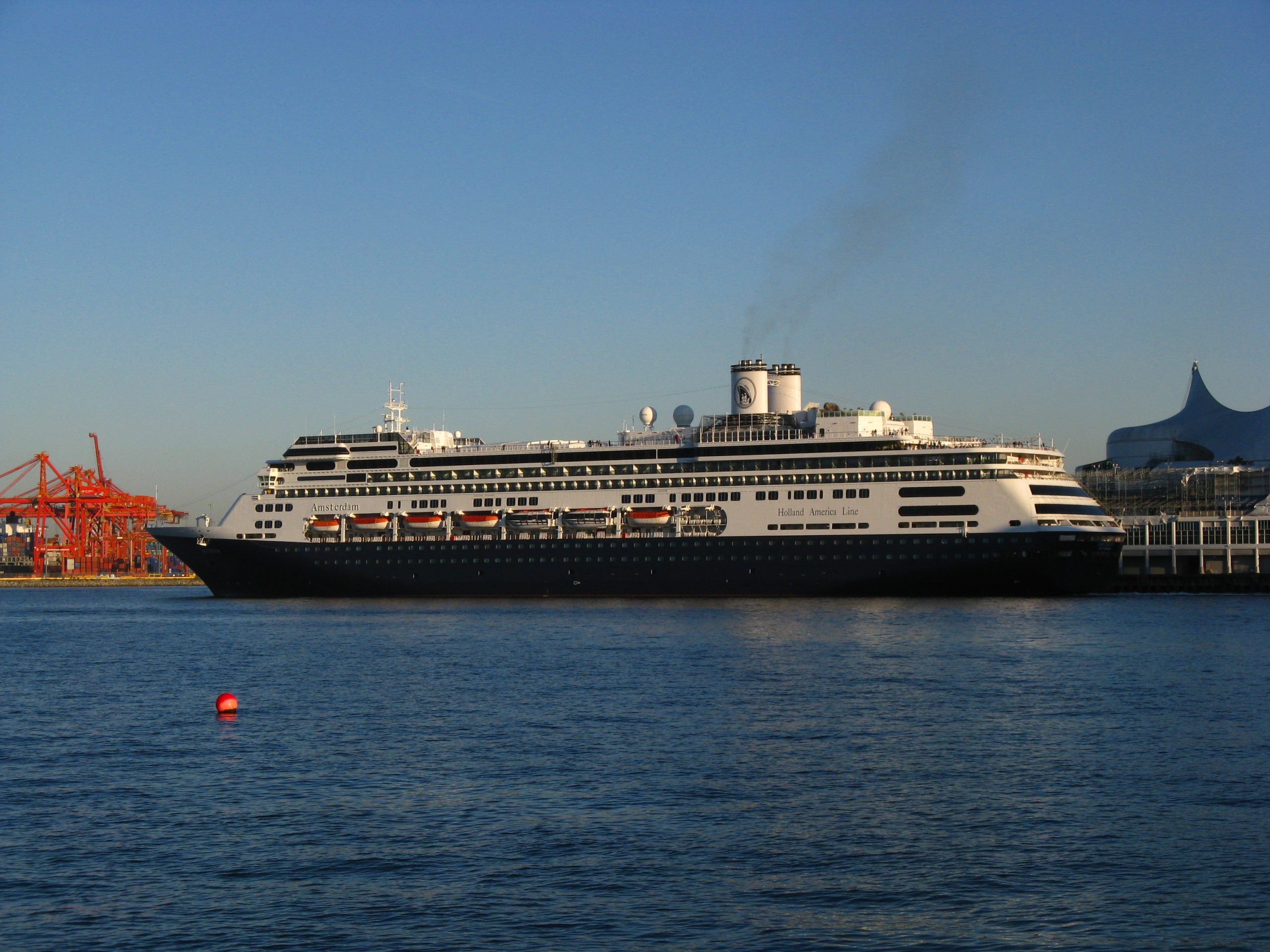Cruise ships have come a long way in the last few decades and they now offer a variety of amenities and luxuries that are typically not available on land. One of the key features of a cruise ship is its ability to provide power and electricity to run many of these amenities. But just how does a cruise ship have electricity?
The answer lies in the ship’s electrical system, which is made up of several components. The main source of power for cruise ships is diesel engines, which generate electricity through generators.
These generators are connected to an electrical switchboard, which distributes power throughout the ship. The switchboard also helps provide a safe environment by monitoring and controlling the amount of electricity flowing through each circuit.
In addition to these components, many modern cruise ships also have other sources of electricity such as solar panels or wind turbines. These alternative sources can help reduce fuel consumption and emissions from the diesel engines, as well as providing a backup in case one or more of the generators fail.
Cruise ships also have large batteries that can store energy for use during times when there is no available power from other sources such as when the ship is docked or sailing on calm seas. The batteries are connected to an inverter, which converts DC power into AC power so it can be used by various appliances and devices onboard.
Safety First Cruise ships also employ various safety measures to ensure that there is no risk of electric shock or fire due to faulty wiring or equipment. Some ships even use special “smart” systems that detect any problems with their electrical system and automatically shut down certain parts if necessary.
It’s clear that modern cruise ships rely heavily on their electrical systems in order to keep things running smoothly on board. From powering entertainment systems and air conditioning units to running lights and kitchen appliances, electricity plays an important role in making cruises enjoyable for everyone onboard.
Conclusion: Cruise ships have complex electrical systems that allow them to provide power for all sorts of amenities onboard while keeping passengers safe from hazards like electric shock or fire. Diesel engines generate most of this electricity, but modern ships can also take advantage of alternative sources such as solar panels or wind turbines for additional savings in fuel consumption and emissions.

